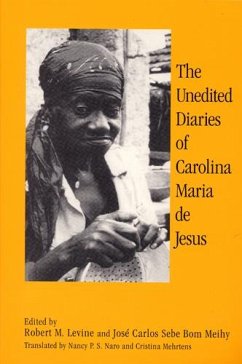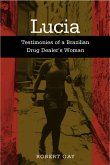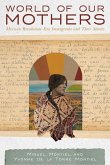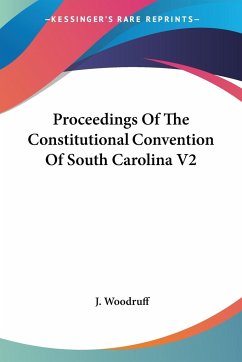Carolina Maria de Jesus' best-selling book, Quarto de Despejo (The Trash Room), depicted the harsh life of the slums; it also spoke of the author's pride in her blackness, her high moral standards, and her patriotism. Since the 1960s, more than a million copies of her diary have been sold worldwide. Yet many Brazilians refused to credit someone like Carolina with authorship of such a diary, with its complicated words (some but not all of them misused) and often lyrical phrasing. Doubters preferred to believe the book was either written by Audalio Dantas, the enterprising newspaper reporter who discovered her, or that Dantas rewrote it so substantially that her book is a fraud. With the cooperation of Carolina's daughter, Vera Eunice de Jesus Lima, recent research shows that although Dantas deleted considerable portions of the diary (as well as a second one, Casa de Alvenaria), every single word was Carolina's. This book not only sets the record straight by providing detailed translations of Carolina's unedited diaries, but also explains why Brazilian elites were motivated to obscure her true personality and present her as something she was not. The Unedited Diaries of Carolina Maria de Jesus is not only about the writer but about Brazil as a whole as recorded by her sarcastic pen. The diary entries in the book span from 1958 to 1966, five years beyond text previously known to exist. They show Carolina as she was, preserving her Joycean stream-of-consciousness language, her pithy characterizations, and her allusions to antiquity. Robert M. Levine is a professor of history and director of Latin American Studies at the University of Miami, Coral Gables. He is the author of BrazilianLegacies and Father of the Poor?: Vargas and His Times. Jose Carlos Sebe Bom Meihy is a professor of history at the University of Sao Paulo and academic director of the Council of International Educational Exchange Interuniversity Study Program in Brazil.
Hinweis: Dieser Artikel kann nur an eine deutsche Lieferadresse ausgeliefert werden.
Hinweis: Dieser Artikel kann nur an eine deutsche Lieferadresse ausgeliefert werden.








